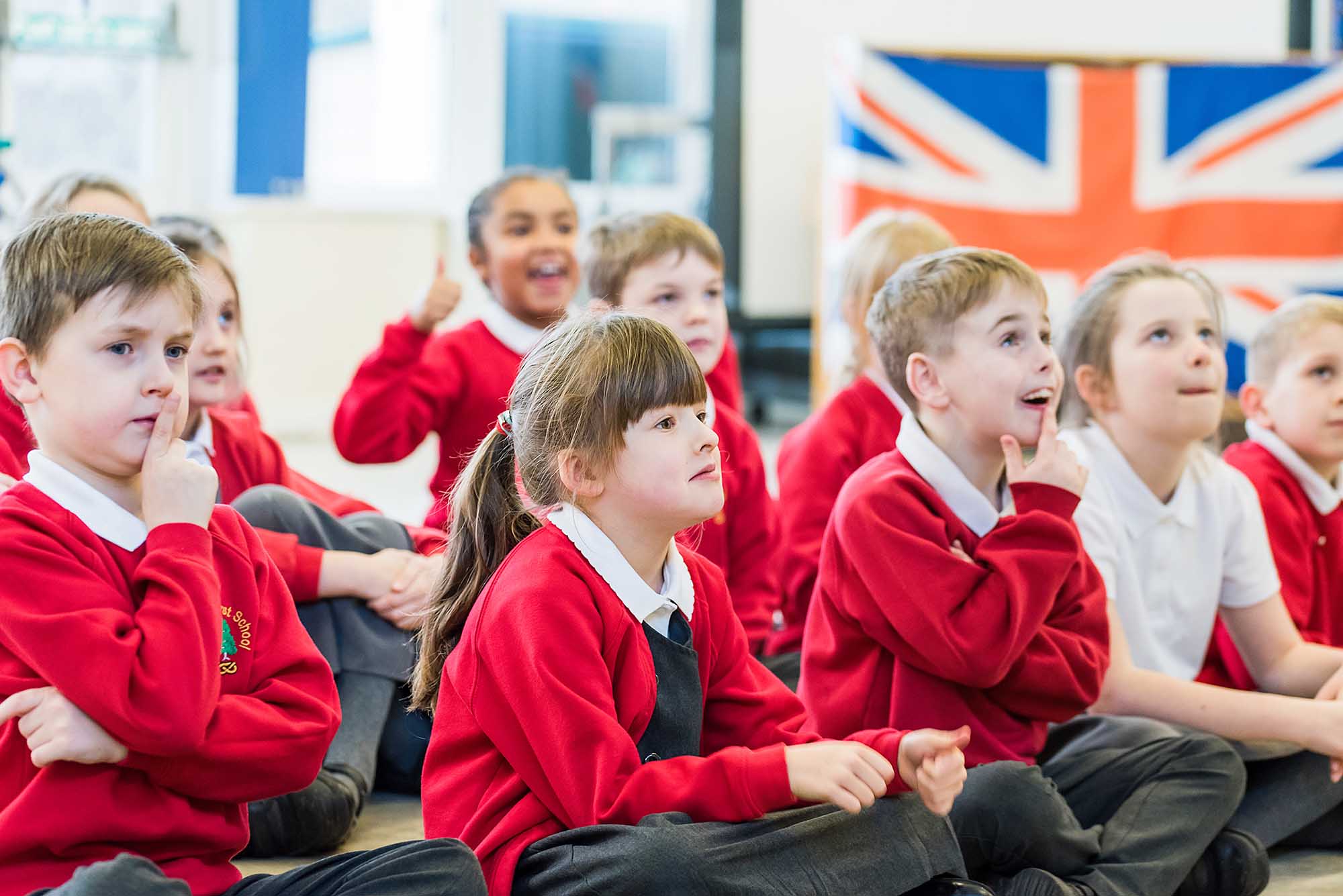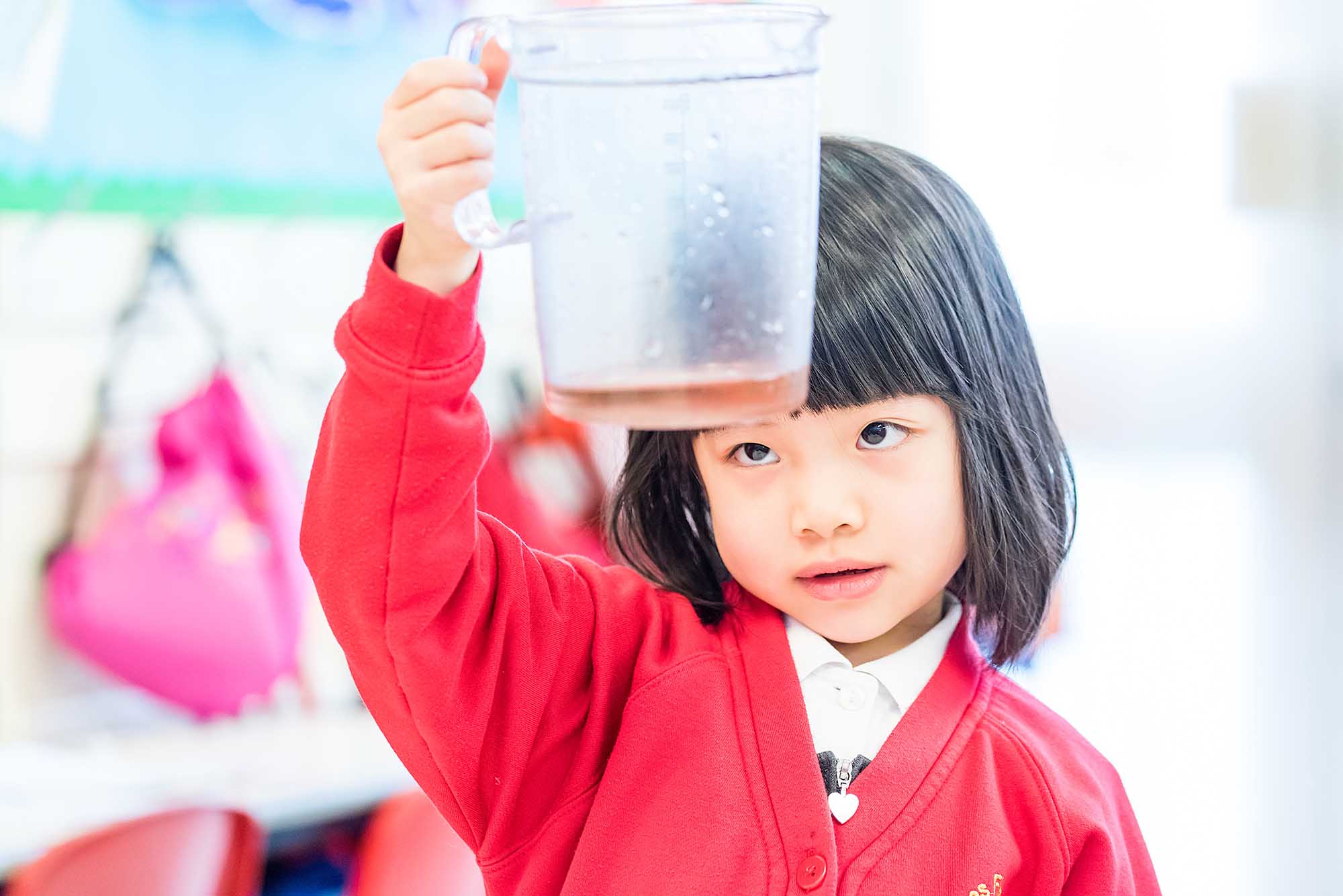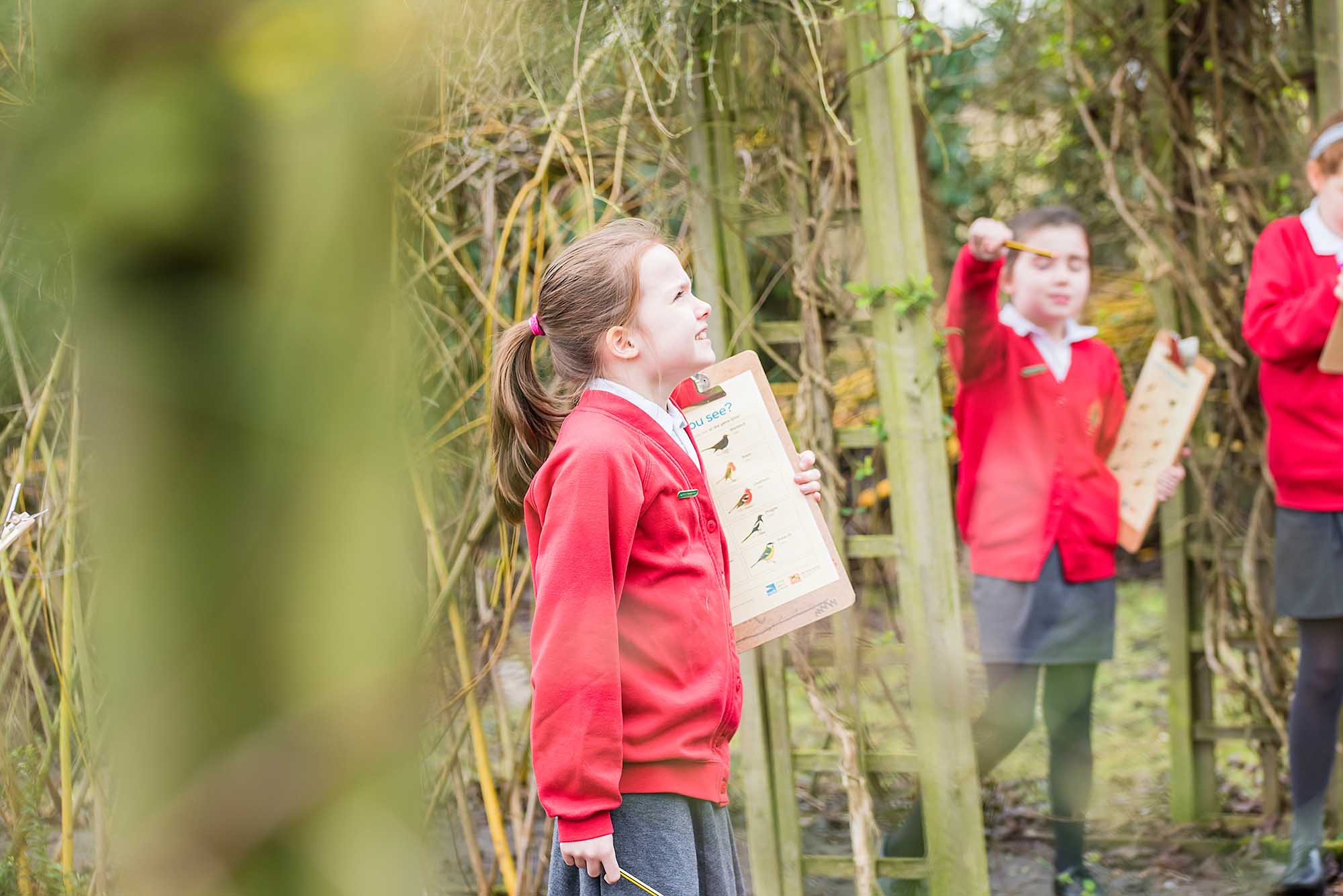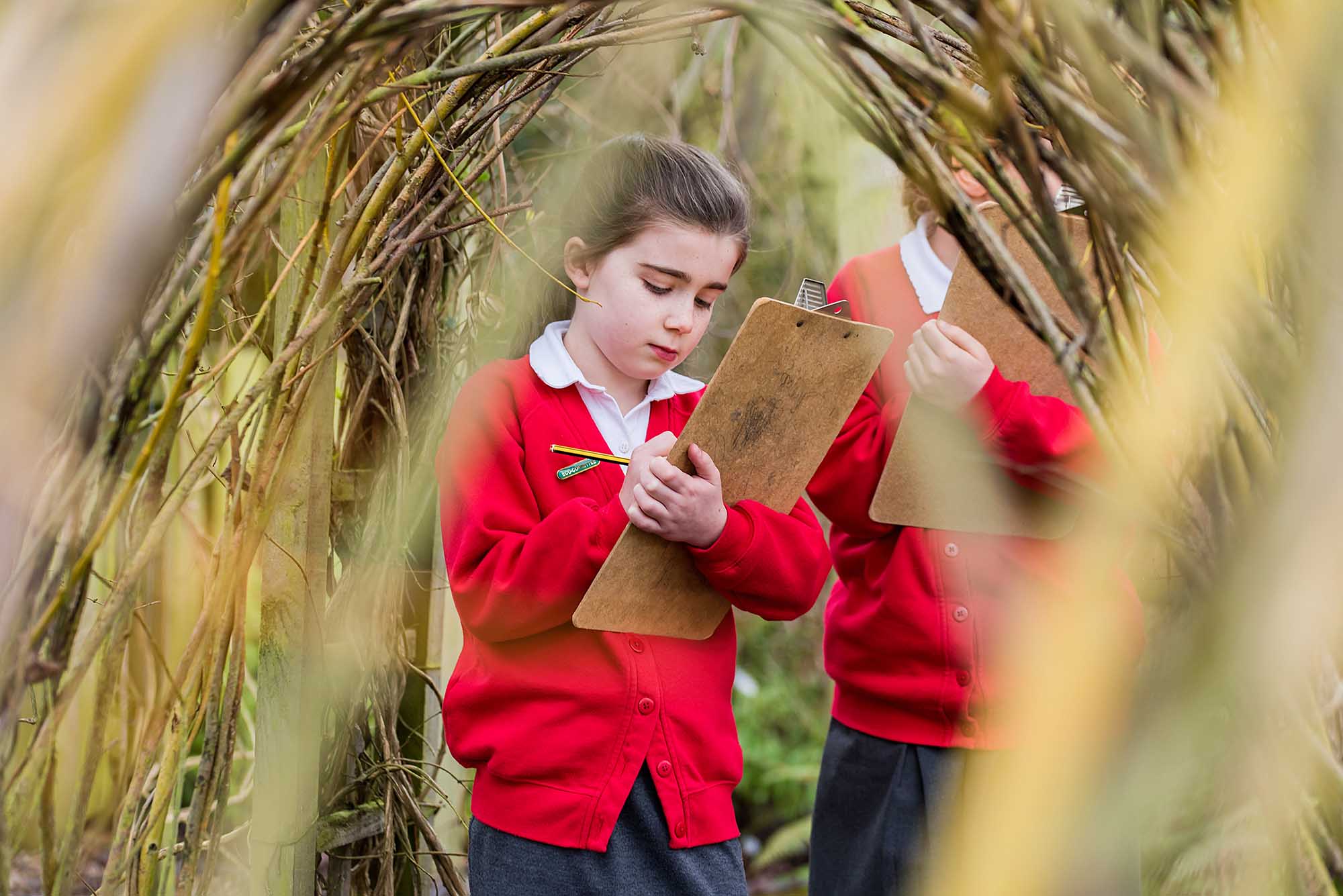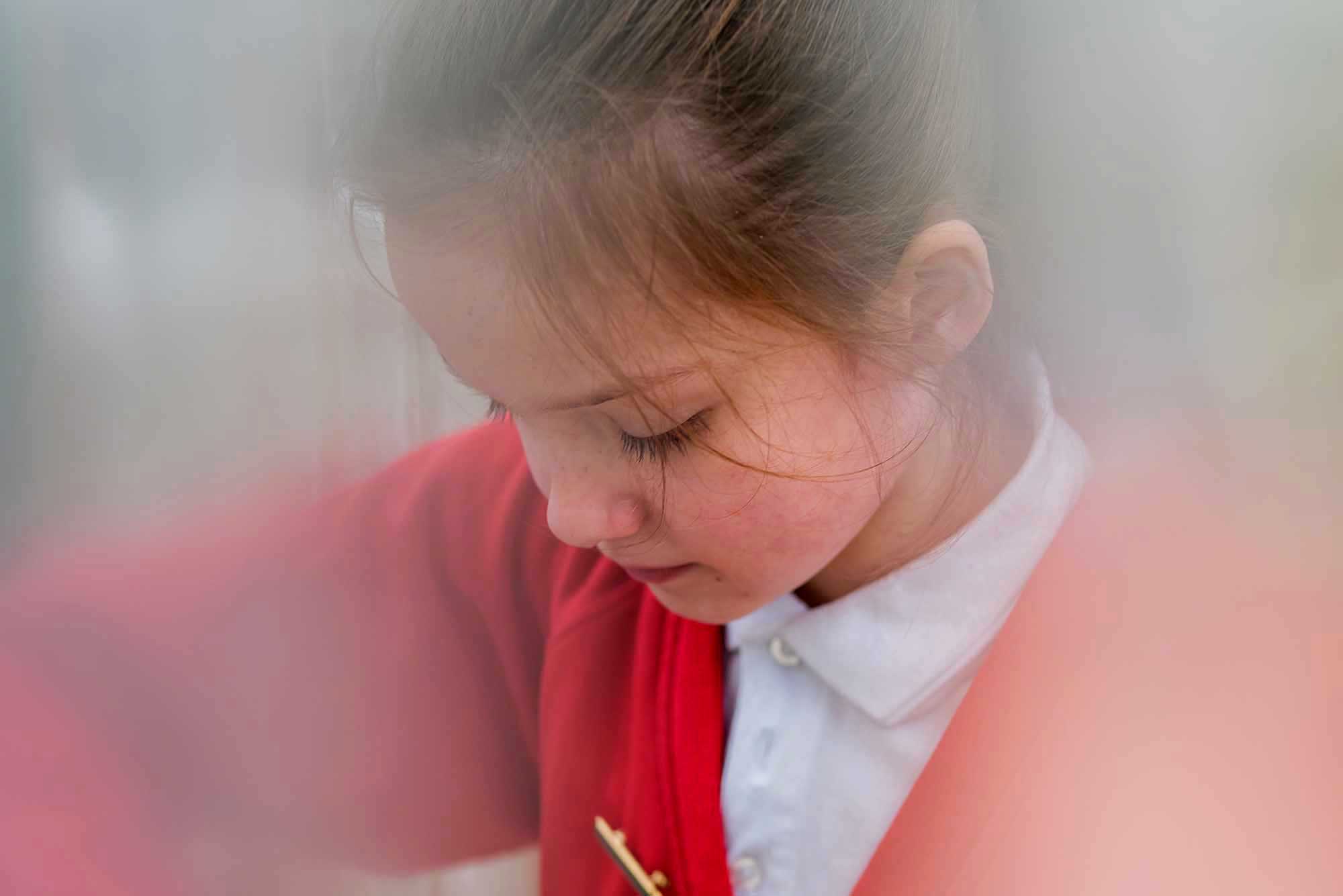Geography Intent
At Birches First School, we believe that Geography helps to provoke and provide answers to questions about the natural and human aspects of the world. Children are encouraged to develop a greater understanding and knowledge of the world, as well as their place in it. The Geography curriculum at Birches enables children to develop knowledge and skills that are transferable to other curriculum areas and which can and are used to promote their spiritual, moral, social and cultural development. Geography is, by nature, an investigative subject, which develops an understanding of concepts, knowledge, and skills. We seek to inspire in children a curiosity and fascination about their local and wider world and its people which will remain with them for the rest of their lives; to promote the children’s interest and understanding of diverse places, people, resources, and natural and human environments, together with a deep understanding of the Earth’s key physical and human processes. Mapping skills begin during EYFS and are developed throughout key stage 1 and 2 with the application of a range of maps. The curriculum is designed to develop knowledge and skills that are progressive, as well as transferable, throughout their time at Birches First School and to their further education and beyond.
Through their work in Geography, children will learn about their local area and compare their life in their area with other regions in the United Kingdom, Europe and in the wider world and how these can change over time. Children learn how to draw and interpret maps as they develop the skills of research, investigation, analysis and problem-solving. Through their growing knowledge and understanding of human geography, children gain an appreciation of life in other cultures.
We want Geography at Birches to inspire and motivate children to be curious and fascinated about the world around them, allowing them to recognise the importance of diversity, people, landscapes, and resources of the natural and human environments, deepening their understanding of physical and human processes.
Our aim at Birches is to enable children to:
- Develop their fieldwork skills through data collection and first-hand experiences of environments and landscapes.
- To develop pupils’ understanding of their local area to provide them with the knowledge to compare their sense of place to a wide range of other countries.
- Increase children’s knowledge and understanding of different cultures and traditions. This will allow pupils to see the importance of global diversity and become a positive global citizen living in a multi-cultural country.
- To develop their use (both verbally and written) of subject specific vocabulary relating to human and physical geography.
- To develop children’s geographical enquiry skills and their use of primary and secondary data to explain and evaluate a question.
- To develop place and space knowledge, learning graphicacy skills; focusing on understanding how to use, read and draw maps, interpret them and use an atlas effectively.
Geography Implementation
Geography is about understanding the world by comparing locations; investigating; researching different sources; writing and discussing place and creating geographical enquiries. Our aim is to ignite an excitement for and curiosity about our wider world.
Our disciplinary knowledge allows pupils to explore all aspects of Geography including: location and space, sustainability in our locality and the wider world, earth systems, how places have changed over time and cultural diversity.
Throughout the year, pupils’ are able to transfer and enhance their knowledge from the classroom into the wider environment when they are able to take part in a visit. Within our Geography curriculum, pupils also have the opportunity to take part in Forest School where they get to explore the local wildlife, pondlife, nature and birds. From Reception, pupils begin to explore mapwork and orienteering and this is developed throughout each key-stage to incorporate navigation with compasses and grid references.
At Birches, from Key Stage One, pupils are encouraged to complete enquiry-led lessons where they use their own geographical questions to gather data. Their empathic knowledge allows them to gain a deeper insight into their local area and their environment. Pupils are provided with a wide range of sources including: digital maps, atlases, aerial photographs, digital media, graphs and charts to allow them to use both primary and secondary data when conducting their own enquiry. In addition, using a wide range of sources allows pupils to investigate the whole country to remove the one-story view. To support pupils’ understanding of current geographical issues, all year groups investigate local news articles which link to our climate and earth systems. This allows pupils to begin to make links between themselves and the wider world.
We understand and recognise that there are pupils with different geographical abilities, however we provide suitable differentiated learning opportunities for all children by making sure that the work is accessible to the ability of every child in every lesson.
We follow the National Curriculum for the basis of our curriculum planning. Our substantive knowledge and disciplinary concepts are planned to build upon prior learning throughout the years to ensure there is progression from EYFS to Year 4. From EYFS, pupils begin to explore simple maps and apply their learning into their local environment. This is built upon in KS1, where pupils explore the UK. During KS2, pupils use their prior learning to compare to Europe. This ensures pupils are developing and applying their use of geographical vocabulary throughout their Geography journey. Pupils access their prior learning using knowledge organisers and their lesson vocabulary banks allow them to use relevant subject-specific vocabulary.
Assessment
Teachers will use Assessment for Learning to judge how children are progressing. In addition, at the end of each unit, pupils complete a summative assessment which focuses on key questions linked to their unit of work.
Parents, carers and the wider community
Parents and carers are always welcome at Birches First and we strive to work alongside our community to benefit the lives and learning of our children. We work with our children and parents alike to ensure they are aware of what the children are learning and the themes in school. Furthermore, during the Summer Term, parents are welcomed into school to join their children in ‘Let’s Discover Together’ days where pupils share their learning on their continent focus.
Resources
Staff and pupils have access to a range of resources to enable learning to happen at any time and in any place. Ipad’s and laptops are used to enable access to digimaps and a range of digital media websites including Pixabay and Dollar Street. Ordnance Survey Maps, atlases and non-fiction books allow children to research and gather their findings linked to their enquiry question. To enhance outdoor learning, resources including view finders, identification checklists, grid squares and compasses are also available to allow pupils to make connections with their local environments, whilst rain gauges, thermometers and sample cards allow pupils to gather their own primary data to support research into their enquiry question.
Geography and fundamental British Values and SMSC
Spiritual, Moral, Social and Cultural Development – links may be made with Religious Education as well as children being encouraged to reflect on their place within the world and its’ history. Through discussion about both past and more recent events, children are encouraged to consider their responsibilities to the world and how their actions (like the actions of others) could have an impact – positive or negative. An example of this is through our assemblies. Discussions and exploration through debates encourage children to understand other people’s perspectives and viewpoints. In addition, links with our English curriculum have also been made where pupils discuss the heritage of authors linked to their class reader, to allow them to build a sense of community and links to the world around them.
Geography Curriculum planning
Our medium-term plans follow the National Curriculum aims and provide details of each unit of work. Staff use the same SMART template to provide pupils with consistency across school and to allow all pupils to become familiar with ‘Think, Work and Apply like a Geographer.’ All lessons revisit children’s prior knowledge to show retention, whilst starter activities provide opportunities for questioning to allow them to begin to ‘Think like Geographers’. Pupils then complete the main part of their lesson using geographical skills and concepts, providing them with the opportunities to ‘Work like a Geographer’. At the end of each lesson, pupils are provided with a question linked with their learning, where they have to apply their new and prior knowledge to answer the question. This is developing their understanding of ‘Applying like a Geographer’.
Geography is taught from Nursery through to Year 4. In Nursery, children begin by understanding people who help them. Pupils begin to discover their sense of place, where they explore their route around school and describe the school environment. In addition, pupils identify places they have visited whilst on holiday. Forest School plays a significant role during the EYFS stage of Geography where pupils are able to discover, identify and explore their local area and how the world around them changes to reflect the four seasons. In Reception, children are taught to identify landmarks they see on their route to school e.g. fire station, police station and medical centre. Children use texts to spark discussion about mapwork, where they then begin to explore maps and atlases and identify countries. Pupils begin to explore scale, identifying whether somewhere is near or far.
In Year 1, children begin to explore the weather in the UK to allow them to compare and contrast weather in their village to weather in a city. Pupils begin to conduct fieldwork in their local area and during the Summer Term explore the Continent of Africa, explaining how their lives would be different if they lived in Kenya.
In Year 2, pupils identify the four countries of the United Kingdom and describe key landmarks. Additionally, they explore the capital city of London using a range of maps and digital media sources to enhance their knowledge. Children are taught about the seven continents and the world’s oceans, also learning about the importance of oceans and where our food comes from. In year 2, children discover Oceania and compare the climate in the UK to Oceania. Children research the deserts, rainforests and wildlife and compare it with their own everyday lives thinking about where in Oceania they would most like to live and why.
In Year 3, pupils delve into the use of a range of maps including digital maps, ordnance survey maps and atlases. They explore how their local area has changed over time, where they conduct local fieldwork to gather their own empathic knowledge through questionnaires. Through the use of messy maps and compasses, pupils begin to discover grid references to identify significant landmarks around their school environment. During the Summer term, pupils learn about earthquakes and volcanoes and the impact of natural disasters on planet earth. Pupils focus on the continent of Europe and explore significant landmarks where they explain historical connections.
In Year 4, children investigate the water cycle, the weather and its affects on individuals and the climate. Pupils’ conduct their own fieldwork linked to rainfall. They learn to understand why we have seasons and why the world’s weather changes, linking to real-life events including flash flooding and heatwaves in the UK. They explore rivers and canals, thinking about what impacts the waterways have on the lives of people. Pupils are able to discover the local canal network and conduct fieldwork. In Year 4, our geographers focus on the continent of South America (Brazil). They investigate how Brazil is different to the UK, create a collage of place, explore what life is like using a range of secondary sources and conclude by evaluating the importance of protecting the Amazon rainforest.
Equal opportunities
All children at Birches have equal access to the Geography Curriculum, regardless of their gender, socio-economic background, ethnicity or special educational needs. Additionally, teaching will take into account the age, ability, readiness, and cultural backgrounds of children and those with English as an additional language to ensure that all pupils can fully access the geography education provision. There will be purposeful differentiation and drawing on the expertise from the subject leader and teachers.
Geography Impact
At Birches, we aim to teach our children an understanding of their local and wider environments, places and people. We explore the importance of diversity both in our local area and globally. Outcomes in books evidence a broad and balanced Geographical curriculum and demonstrate the children’s acquisition of identified key knowledge. Children review the agreed successes at the end of every session and are actively encouraged to identify their own target areas, with support from their teachers. The use of their unit overviews, allows pupils to independently identify the disciplinary and substantive knowledge concepts to allow them to develop their skills as independent Geographers.
Emphasis is placed on analytical thinking and questioning which helps pupils gain coherent knowledge and understanding of Britain’s past and that of the wider world. Through this study, pupils learn to ask perceptive questions, think critically, weigh evidence, sift arguments, and develop perspective and judgement. We want our teaching to have an impact where children are curious and have an interest and inquisitiveness to find out more about our planet, we want them to become better geographers.
